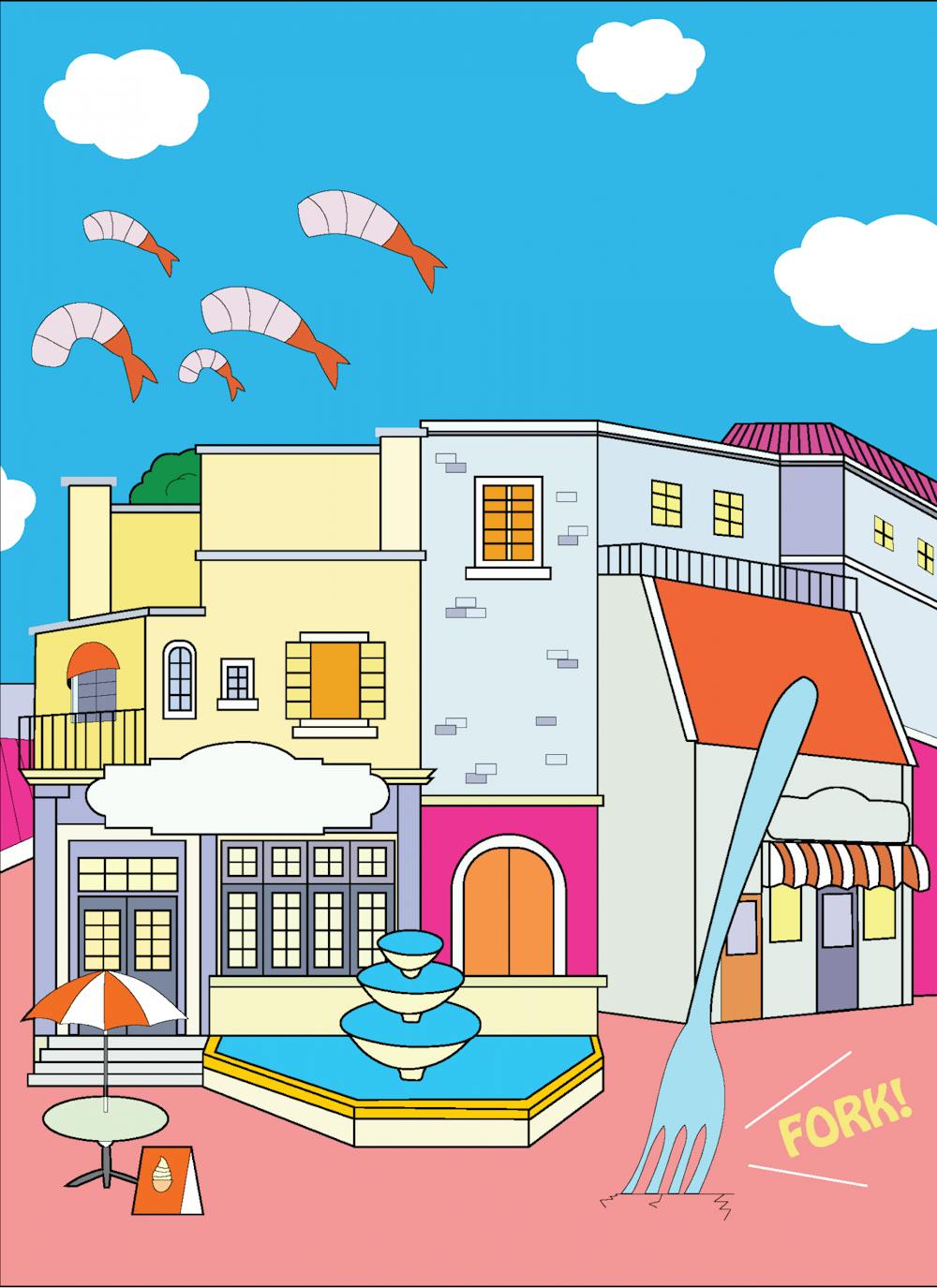I wasn’t ready for the end of NBC’s hit series “The Good Place.”
I mean, when my housemate told me the title for the series finale was “Whenever You’re Ready,” I started crying, knowing what was in store.
For those who live in The Bad Place and haven’t heard, “The Good Place,” created by Michael Shur of “Parks and Recreation” and “Brooklyn Nine-Nine” fame, is a comedic, feel-good and pensive take on what comes in the afterlife — and what makes someone a person deserving of a good one.
As someone who grew up Catholic and can now be described as faithfully skeptical, “The Good Place” has given me a place to put all of my unresolved feelings about faith and what happens when we die.
And believe me, I have a lot of them.
After my mom died just over two years ago, it became much harder to claim to be mildly atheist. I want to believe there’s a higher power that decided this was how things were going to go. It’s hard enough to swallow the fact that it happened, but it would be unbearable to think she’s not with me in spirit in all that I do, and that there wasn’t a reason it had to be this way.
But the show also broke open my preconceived notions of what it means to be someone who lives in service to others, and what “the answer” to most of life’s problems really is: each other.
The series revolves around the question of “what we owe to each other” as humans trying and failing to do our best on a daily basis. It walks viewers through the maze of recognizing that it’s hard to be an altruistically good person who does good things just for the sake of doing them. It also forces its audience to stop and think about just how we each fit into all of this — and how that ultimately matters.
And, as a logical opposite to The Good Place, or a positive afterlife, the show asks us to examine what The Bad Place might look like for each of us — whether it be characterized by living among clown decor for the rest of your existence or by being saddled with an insufferable person masquerading as your soulmate.
According to philosopher Jean-Paul Sartre in his play “No Exit,” hell is other people — and I’d agree. Whether it’s in our mismanaged relationships or in the way we inherently view others, it’s easy to trap ourselves in The Bad Place by failing to treat others well or by expecting others to do the work of proving they’re worthy of such treatment.
I’ve often wondered what heaven would logistically entail. After all, an eternity of perfection has to get boring at some point, right?
As it turns out, people much smarter than me, including Michael Shur, have wondered the same thing and thought of the logical conclusion.
Enjoy what you're reading?
Signup for our newsletter
“Whenever You’re Ready” posits that — after we’re done living a life in service to others and have achieved the elusive W of treating people as well as we, in our imperfect states, can — we get to live out our wildest dreams in The Good Place aka Heaven aka whatever you want to call it.
But once we’re done with traveling everywhere we’ve ever wanted to go, doing everything our earthly bodies never had the opportunity to and spending an endless amount of time with those we love, we’re ready for whatever comes next.
So, we take all that we’ve learned and all that we’ve done and we walk through the archway despite not knowing what lies beyond that, because we are resolute in our knowledge that whatever comes next, we’ll be okay. We gave it all — life and everything after — our best shot.
I’m sad to see “The Good Place” end, but I’m eternally grateful that it’s given me a sense of what’s really important. If hell is other people, The Good Place is the same with the caveat that the people we love will always be there, whether in spirit or in this physical realm, to help us find our way back to “the answer.”
@samantha_brunn
brunnsj@miamioh.edu




